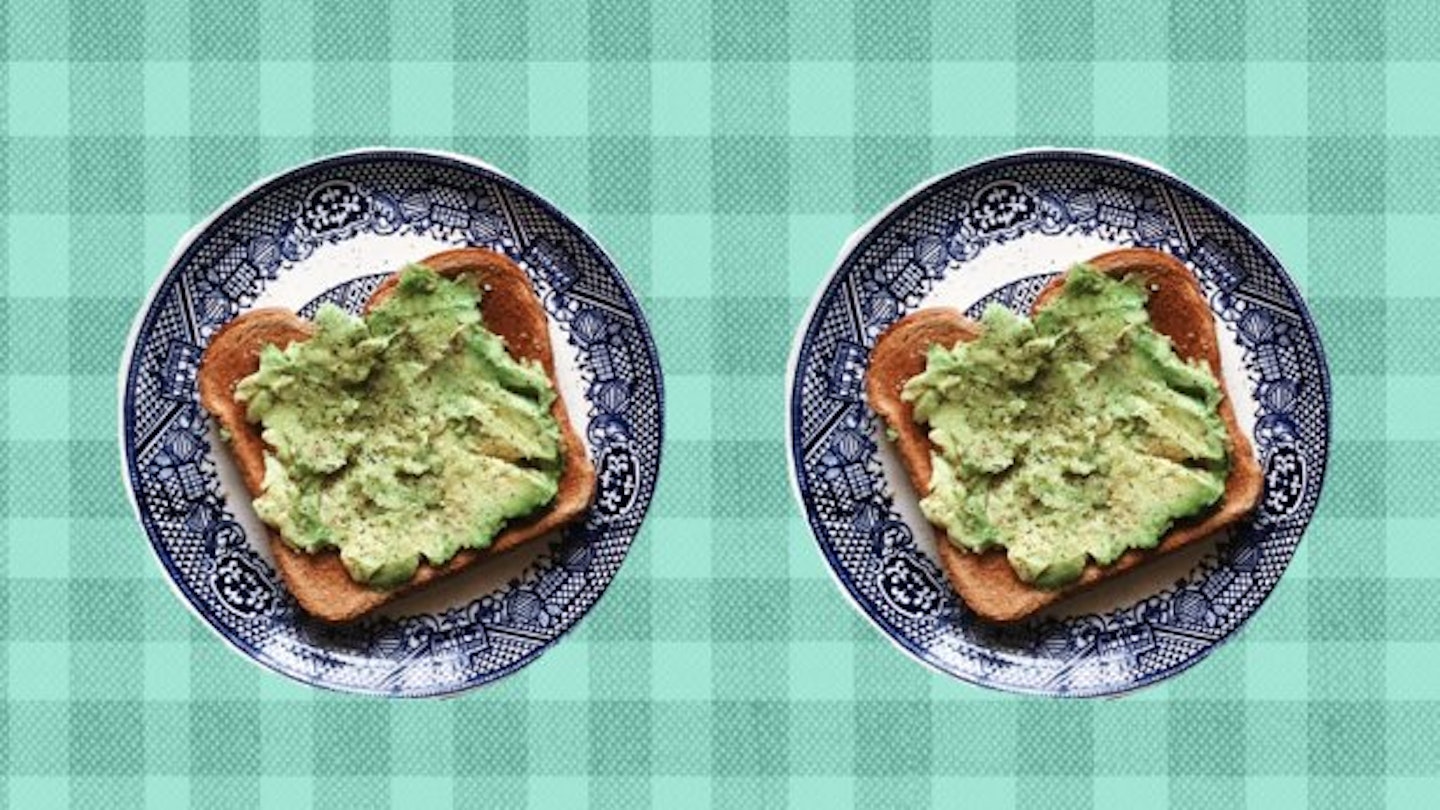When told about Mexican cartels kidnapping farmers and extorting landowners many people would immediately assume these horrifying stories were connected with the deadly cocaine trade. And they would be wrong.
These are things that happen to ordinary people as part of the avocado business. Now worth £1.2 billion to Mexico, we now consume 2.7kg per person of avocado per year. Oh, and we Instagram them – there are just under 6 million Instagram posts hashtagged #avocado. They’re so popular that a millionaire has said they’re the reason Millennials can’t afford houses (nice try) and there was a picture of a latte being made in an empty avocado skin and it seemed completely plausible.
Over the last couple of decades, Mexico has become the world’s biggest producer of avocado, and its most avo-intensive region Michoacán produces more than half the avocados consumed in the world. Tancítaro is the best place in the world for avocados - nine out of every 10 pesos made there come from the green fruit, and an estimated $1million of avocados shipped out of the area every single day. It has just the right conditions, hot and with rich soil that helps the plants to thrive.
But those perfect conditions and the avo popularity has caused huge problems. Cartels realised the fruit’s growing popularity, and in a bid to make a bit of extra cash they started extorting farmers, demanding ‘protection’ money. Stories over the last few years have filtered into Western media of pregnant teachers being murdered, and farmers being kidnapped.
Those who refuse to give the cartels a cut of their profits have had their orchards burned to the ground. In 2014 it was reported that the infamous, bloody Knights Templar gang made $152 million a year from terrified farmers.
Because of all this, they’ve been compared to Africa’s notorious blood diamonds, and dubbed ‘blood avocados’. Much like diamonds, the reports of human rights violations and extreme violence has done little to dim their popularity.
As with cocaine – which is also environmentally calamitous – avo-mania has led to illegal destruction of precious forests, which will mean species such as butterflies are losing their natural habitat. Another environmental problem caused by avocados is that a mature avocado orchard requires twice as much water as a dense pine forest, meaning that water resources are put under pressure.
Greenpeace Mexico said: “Beyond the displacement of forests and the effects on water retention, the high use of agricultural chemicals and the large volumes of wood needed to pack and ship avocados are other factors that could have negative effects on the area’s environment and the wellbeing of its inhabitants.”
There’s good news, however. Citizens have banded together against the cartels. The Guardian reports that Tancítaro is experiencing something that resembled peace after locals organized against the gangs, but it’s uncertain whether the vigilantes have ties with cartels. The peace could be short-lived but it's better than nothing.
At home, it’s difficult to know how to stop funding the problems. Some recommend boycotting Mexican avocados but also point out that this penalises those who are working under good conditions. The most sensible thing to do is check for fairtrade labels. Plus, if you eat less #avocadotoast you’ve got the bonus of having food that isn’t identical to everyone else's.
**Like this? Then you might also be interested in: **
Turns Out Avocados Might Not Be As Good For You As We Thought
Follow Helen on Twitter @helennianias
This article originally appeared on The Debrief.
